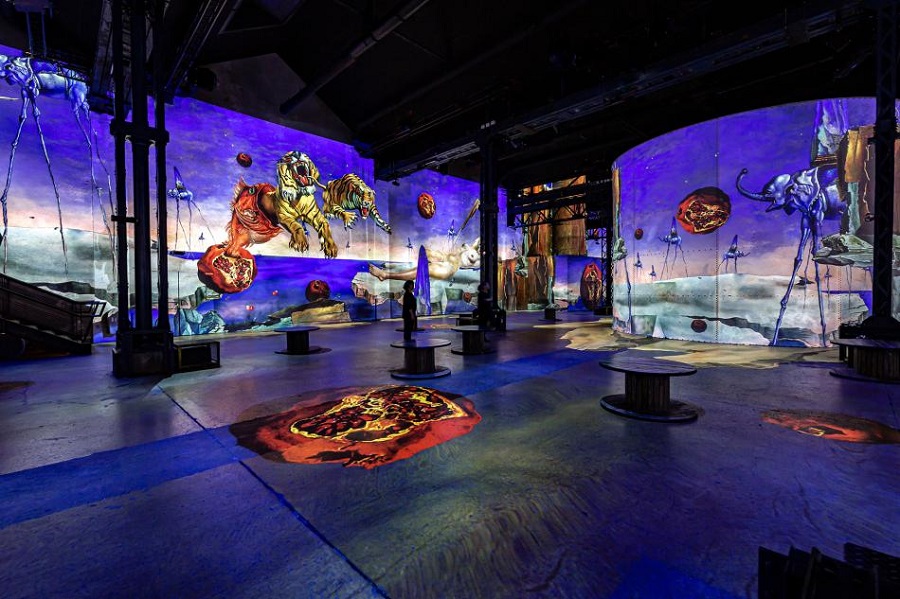Salvador Dali
Showing the single result
Salvador Dalí was a Spanish surrealist artist known for his eccentric personality and groundbreaking artworks. He was born on May 11, 1904, in Figueres, Catalonia, Spain, and died on January 23, 1989, in the same city. Dalí’s artistic style was characterized by meticulous detail, dreamlike imagery, and a fusion of reality and fantasy. He explored the depths of the subconscious mind, drawing inspiration from dreams, psychoanalysis, and Freudian theories.
One of Dalí’s most iconic paintings is “The Persistence of Memory,” featuring melting clocks and a barren landscape, which has become a symbol of surrealism. His artworks often contained symbolic elements, bizarre juxtapositions, and distorted figures, challenging conventional notions of reality and perception. Aside from painting, Dalí experimented with various mediums, including sculpture, photography, film, and performance art. He collaborated with other artists, filmmakers, and designers, further expanding his creative expression.
Dalí’s flamboyant personality and distinctive mustache made him a prominent figure in popular culture. He embraced theatricality and self-promotion, and his eccentric behavior often drew attention. Today, Dalí is considered one of the most influential artists of the 20th century. His surrealistic artworks continue to captivate audiences worldwide, inviting viewers to explore the realms of the imagination and challenge their understanding of reality. His legacy as a visionary artist endures, and his works are celebrated in museums and collections around the world.


